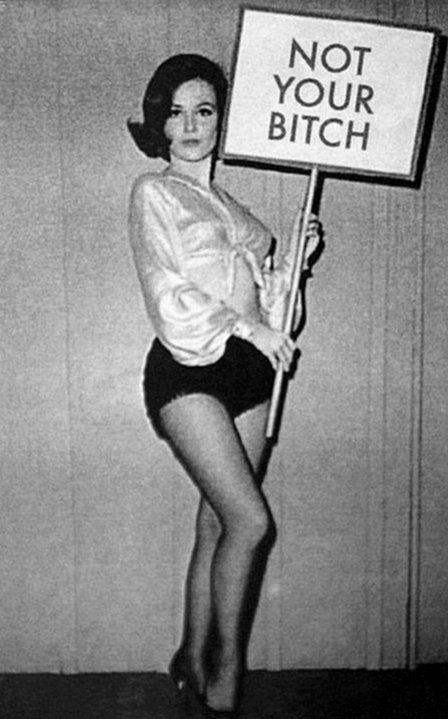
[with Roz Russell]

[with Ann Miller, Ethel Merman, Lee Roy Reams and Carole Cook]

[with HM The Queen]

[with Eileen Brennan]

[with Helen Hayes, Lee Roy Reams (again) and Myrna Loy]

[with Elizabeth Taylor]
The most effervescent woman in showbiz Miss Carol Channing is still with us (just last week, at the age of 93, she was on stage - with none other than Justin Vivian Bond!), and for that we are eternally grateful.
She has always had a wide variety of famous friends, and with one of them (another treasured icon, long gone) she shared a birthday - Miss Tallulah Bankhead...

Let's leave it to Miss Channing to tell us about a couple of her memories of the great potty-mouth. First, she tells us of the occasion Sophie Tucker And Tallulah gave her advice:
And here she is only four years ago proving she still has the energy for a good anecdote (about Tallulah):
[Which reminds me, I really must get my hands on a copy of the documentary film Carol Channing: Larger then Life!]
"Gay men seem to always know who has talent before the rest of the public does, don't you think? A stamp of approval from the gay community is almost a guarantee of success. Just ask Liza Minnelli, Bette Midler, or Cher. I think they would agree. In San Francisco, they made me their Queen. They have a new Empress every year, but a Queen is for life. Isn’t that wonderful?"
Carol Channing (born 31st January 1921)
Tallulah Bankhead told a friend that her doctor had advised her to eat an apple every time she had the urge to drink. She arched an eyebrow and added, "But really, dahlings, sixty apples a day?!"
Tallulah Bankhead (31st January 1902 – 12th December 1968)















































